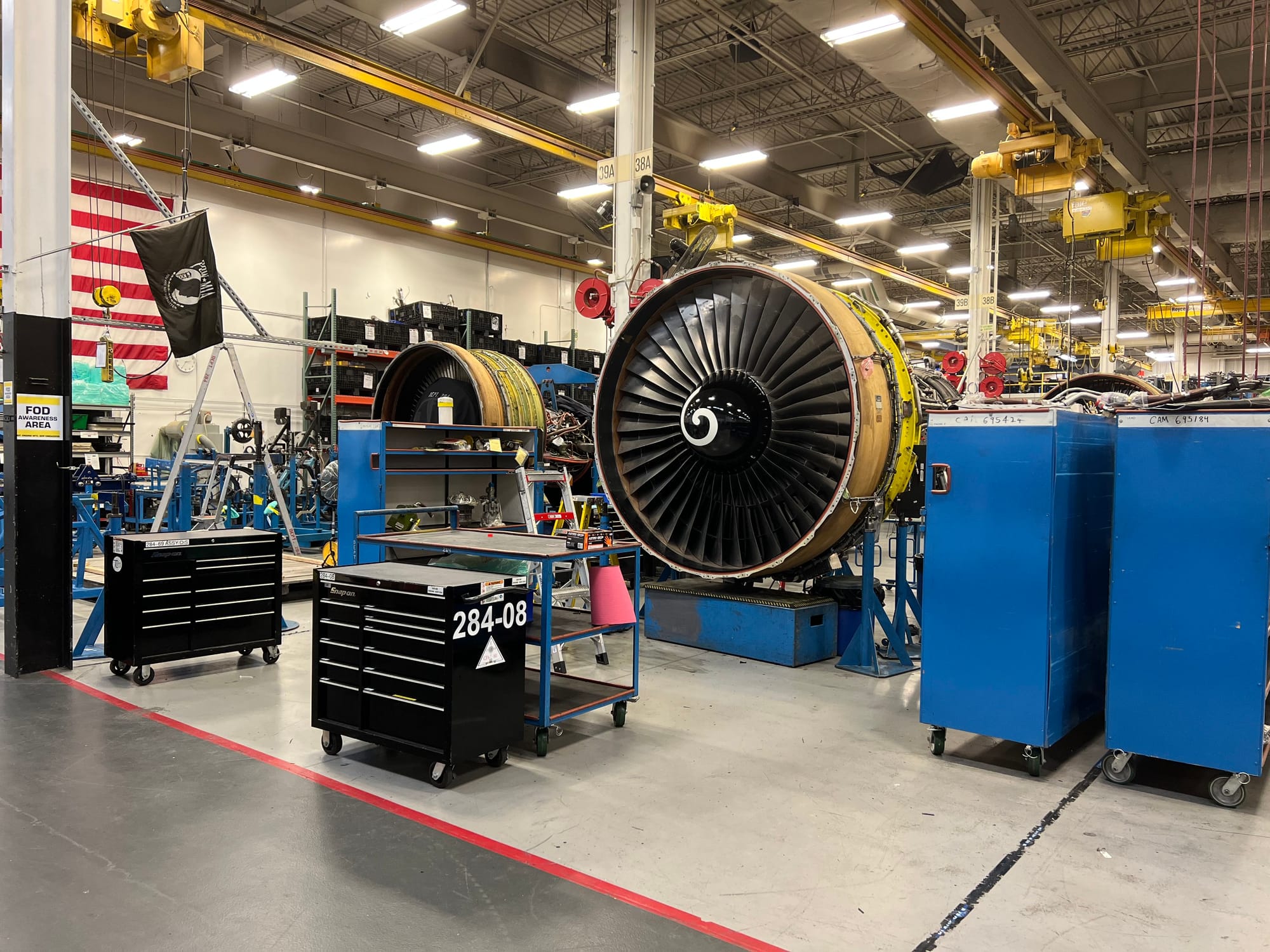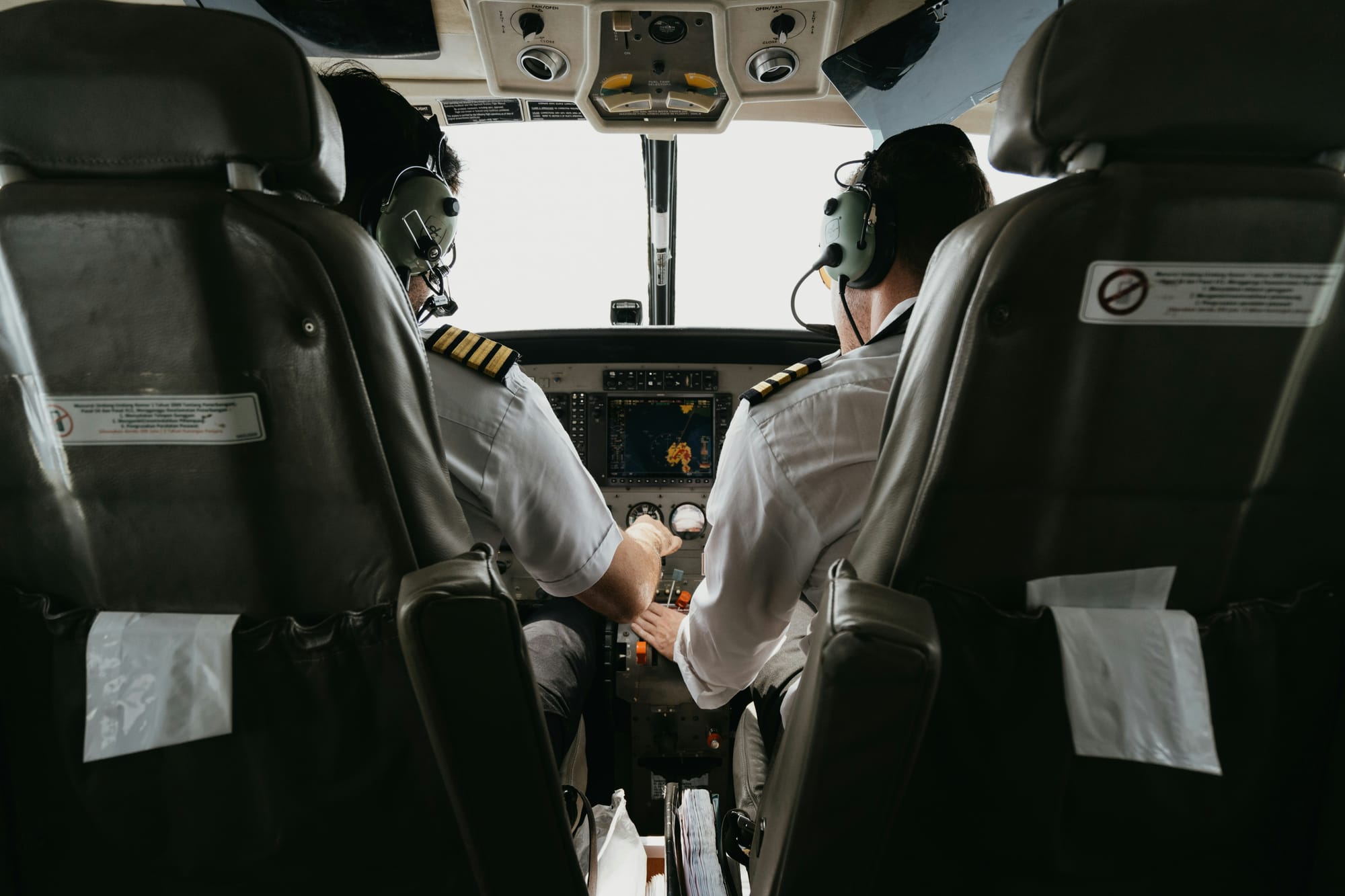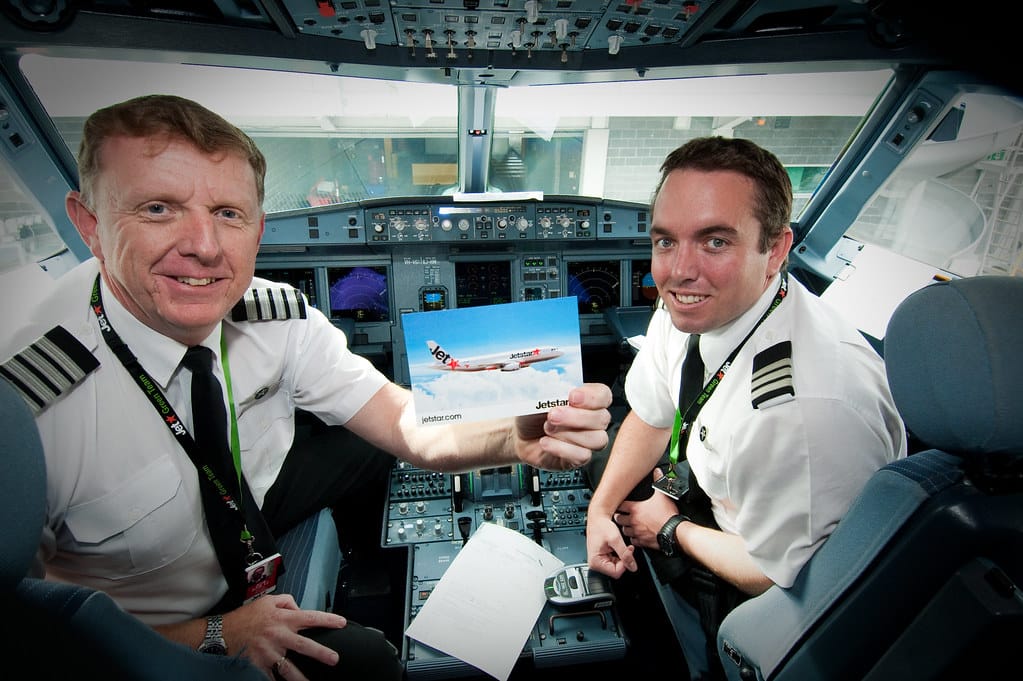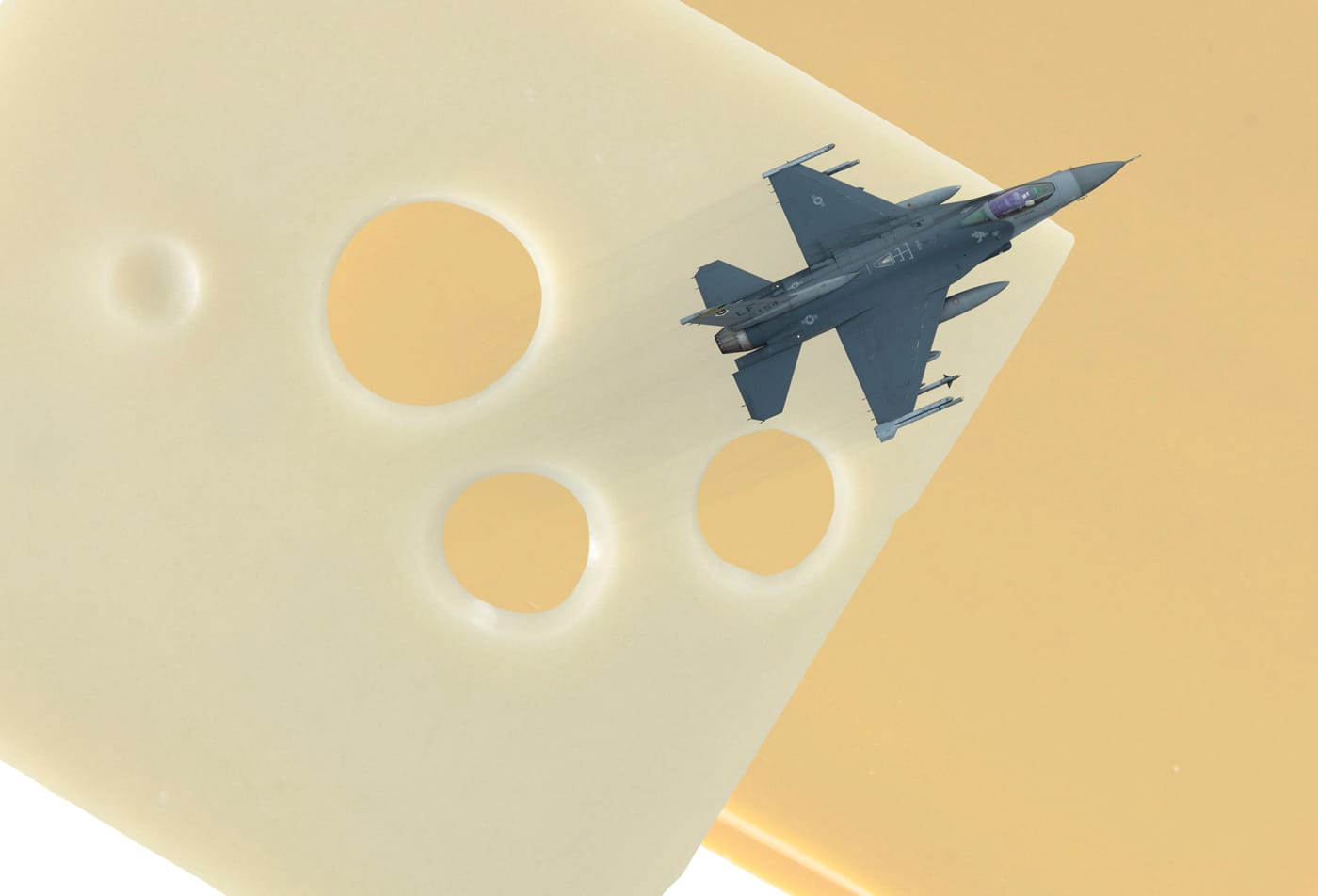The Importance of Aircraft Maintenance

Aviation is a field that thrives on precision, safety, and reliability. At the heart of these values lies an often-overlooked aspect of the industry: aircraft maintenance. Regular and thorough maintenance is critical not only for the longevity of an aircraft but also for the safety of passengers and crew. This blog post will explore the vital role that aircraft maintenance plays in aviation, highlighting its importance from operational, safety, and economic perspectives.
Ensuring Safety

Safety is the paramount concern in aviation. The consequences of mechanical failures can be catastrophic, making it essential that every aircraft is in optimal condition before takeoff. Maintenance routines, which include inspections, repairs, and upgrades, help to identify potential issues before they become serious problems. Regular checks are conducted based on strict regulatory standards set by aviation authorities, such as the Federal Aviation Administration (FAA) or the European Union Aviation Safety Agency (EASA).
Preventive maintenance programs not only ensure compliance with safety regulations but also contribute to the overall safety culture within the aviation industry. By adhering to these rigorous maintenance schedules, airlines can significantly reduce the risk of accidents caused by mechanical failures, ultimately saving lives and preserving the integrity of the aviation system.
Enhancing Performance

Aircraft maintenance is not just about preventing failures; it’s also about enhancing performance. Regular servicing can lead to improved fuel efficiency, better handling, and overall enhanced operational performance. Maintenance tasks such as engine overhauls, avionics upgrades, and aerodynamic adjustments can significantly impact an aircraft's performance metrics.
For example, a well-maintained engine runs more efficiently, which translates into lower fuel consumption and reduced operating costs. Moreover, routine maintenance ensures that all systems—navigation, communication, and flight controls—are functioning optimally, contributing to a smoother flight experience for passengers and a more manageable workload for pilots.
Economic Implications

The economic implications of aircraft maintenance are profound. While maintenance can represent a significant expense for airlines, neglecting it can lead to even higher costs down the line. Unscheduled maintenance due to unforeseen mechanical failures can lead to aircraft grounding, resulting in lost revenue and increased operational costs.
Moreover, investing in maintenance can prolong the lifespan of an aircraft, allowing airlines to maximize their return on investment. Well-maintained aircraft can achieve higher resale values, reduce the frequency of repairs, and decrease the likelihood of expensive modifications or retrofits. In a highly competitive industry, effective maintenance strategies can give airlines a crucial edge.
Regulatory Compliance

Aviation is one of the most regulated industries in the world. Compliance with maintenance regulations is not just a matter of following best practices; it’s a legal requirement. Failure to adhere to maintenance protocols can lead to severe penalties, including fines and grounding of aircraft. Additionally, regulatory bodies often require extensive documentation of all maintenance activities, making it crucial for airlines and maintenance organizations to maintain accurate records.
Final Thoughts
Aircraft maintenance is an essential component of the aviation industry that significantly impacts safety, performance, and economics. By prioritizing regular maintenance, airlines can ensure the safety of their passengers and crew, enhance the operational efficiency of their fleet, and comply with stringent regulatory requirements. As aviation continues to evolve, the importance of robust maintenance practices will only grow, making it a cornerstone of a successful aviation operation. The industry must continue to invest in and innovate within maintenance practices to meet the challenges of tomorrow while upholding the highest standards of safety and reliability.





